Being admitted to the hospital can be a jarring experience. You start the day, living your normal routine, and before you know it you’re lying on a stretcher under intense fluorescent lights with people hovering over you, poking you with needles and talking in a language you’re not really familiar with.
Sounds like a scene from a horror movie.
Nursing Interventions for Anxiety
But nope, this is what our patients go through. And now, as they lie there with all of this going on around them, they contemplate if the life that they loved is perhaps gone and they have seventy-five questions all popping in their head at the same moment. For the majority of patients, this will cause anxiety to rear its nasty head. As a nurse, we need to have an understanding of effective nursing interventions for anxiety so we can both comfort the patient and mitigate any stress.
[easy-tweet tweet=”We need to have an understanding of effective nursing interventions for anxiety” user=”TheNerdyNurse” usehashtags=”no”]
Assess Your Patient
Every patient is unique; there is not a one-size-fits-all approach to properly managing someone’s anxiety. Therefore, it’s imperative for you to get an understanding of who your patient is outside of the hospital and what is contributing to their anxiety now. The first thing you should determine is if they have an underlying anxiety disorder that they regularly take medication for at home. If they take scheduled Xanax at home and haven’t been given it in the hospital, that’s a pretty easy fix: get them back on their home meds.
For most, though, some detective work will need to take place. You can ask “Have you had this anxiety before, and if so, what have you done about it?”. Ask them what they enjoy on a regular basis, what they believe could be contributing to this anxiety right now, and what are their biggest hopes and fears regarding this admission. Some simple questions could enlighten you to the most effective intervention to reduce their anxiety.
Nonpharmacological Interventions
Going back to square one of being a nurse, we always want to use the least invasive intervention first. Some of the most effective nursing interventions for anxiety don’t have to do with drugs at all. In conjunction with the questions asked above, there are many nonpharmacological interventions our patients could benefit from.
They tell you they enjoy exercise. If the patient is stable, encourage them to walk the halls or go outside for some fresh air (depending on your hospital/unit policy). Getting out of that cramped, whitewashed room and seeing new sights and stretching their muscles will do wonders. I’ve had many patients over the years walk circles around the unit multiple times per day with their IV poles, and that was one way they helped to keep their mind from becoming anxious.
Your patient tells you they fear dying. Validate their fears, but also encourage them to talk to the hospital chaplain. Even if they don’t have any faith/religious concerns, the chaplains are a wonderful asset to the hospital and bless so many patients. You could also sit down and tell them all you are doing to get them better (i.e. “There’s evidence that the antibiotics are working”). These interventions are not as appropriate if your patient is actually dying, but for the patient that is having anxiety just over death in general, this could be a good start.
Many hospitals are now employing a “healing arts program”, which includes a massage therapist, a musician, and a painter. The patients can listen to gentle, soothing music while painting or using a coloring book. The smell of lavender is very therapeutic, so often these scents are given out to the patient to keep at the bedside. Even if your hospital doesn’t have one of these yet, you could turn on some calm music in the patients’ room.
[easy-tweet tweet=”If the patient misses their family or pets, encourage them to visit often.” user=”TheNerdyNurse” usehashtags=”no”]
If the patient misses their family or pets, encourage them to visit often. You will frequently see the patient calm instantly when their loved ones arrive. Animals are also proven to reduce anxiety in humans, and many hospitals even have specially trained visiting dogs to come see the patients.
Support groups can be essential. Allowing the patients to get together at a scheduled time to talk to each other can help them not feel isolated. Knowing that they are not the only one battling a certain disease will diminish their anxiety. My hospital has volunteers come talk to patients who have dealt with the same disease, and are now living a full life managing that disease. My patients’ anxiety eases dramatically when they have fresh hope.
Conclusion
There’s a plethora of effective nursing interventions for anxiety, but tailoring them to each individual is essential. From turning off bright lights to turning on their favorite television show, there are so many small interventions nurses can employ to alleviate their patients’ stress levels.
Need Something to make YOU Less Anxious?
If you find yourself having a hard time dealing with your anxiety, a fidget cube or the like may help. Keep your hands busy with this cube and stop the fidgeting.
See also:

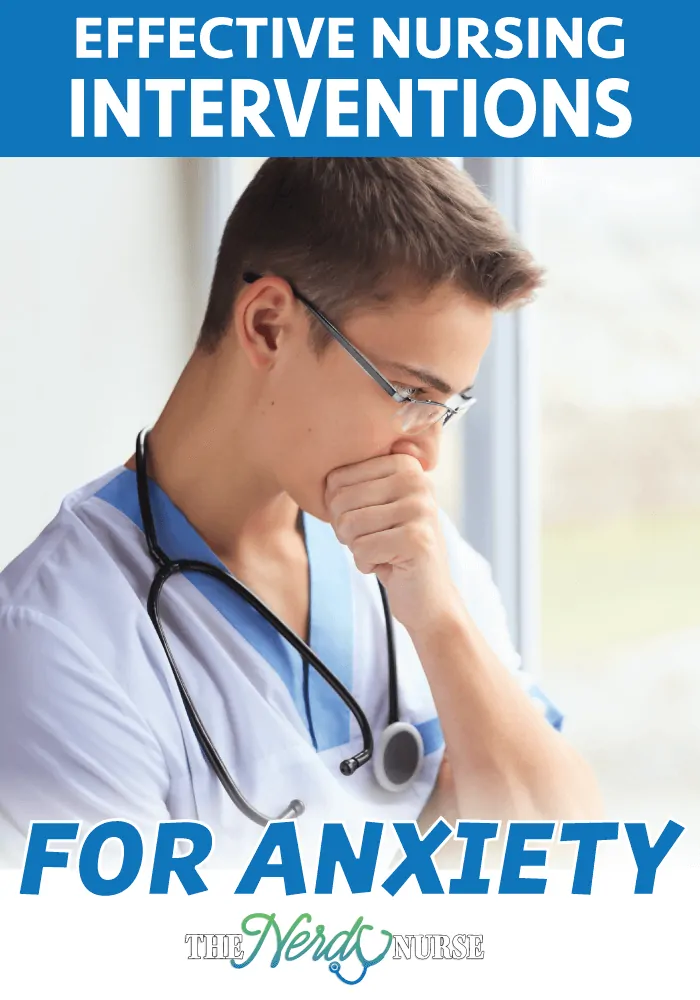
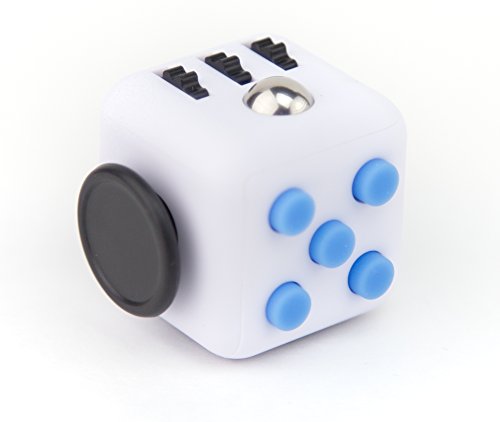
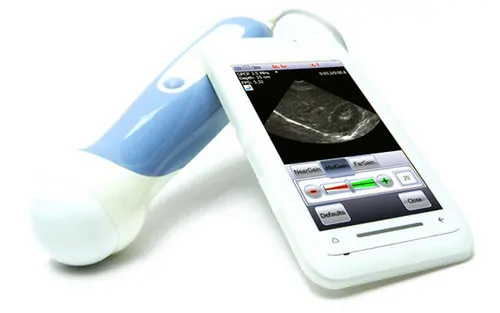
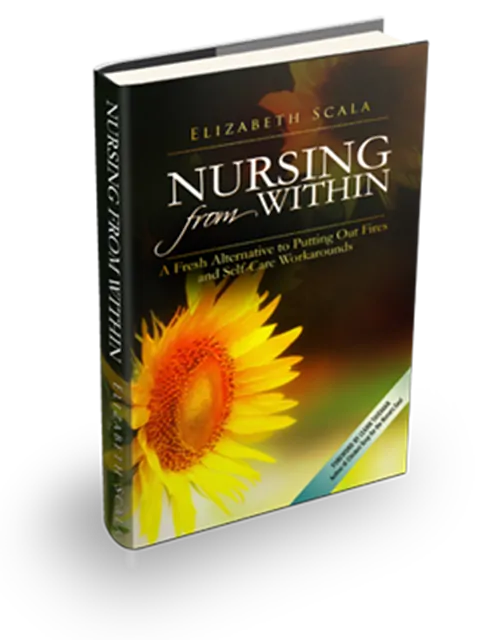
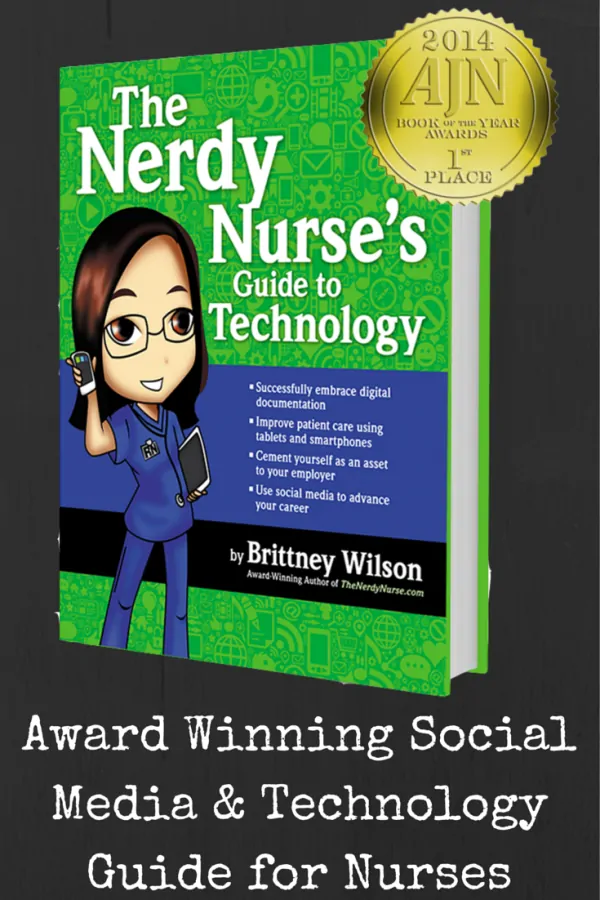

I couldn’t agree more! The first step of validating the anxiety and fear is so important. This displays active listening skills which in itself will help ease some anxiety. I love pet therapy! We have multiple dogs of all breeds come and regularly visit our patients. Often I think it is more beneficial for the staff though :). We are also currently working on a patient mobility program. I am on a tele/PCU so we have many fall risks. Keeping patients mobile helps keep them strong and thus decreases anxiety around the fear of falling. Thanks Brittney. I always enjoy your posts!